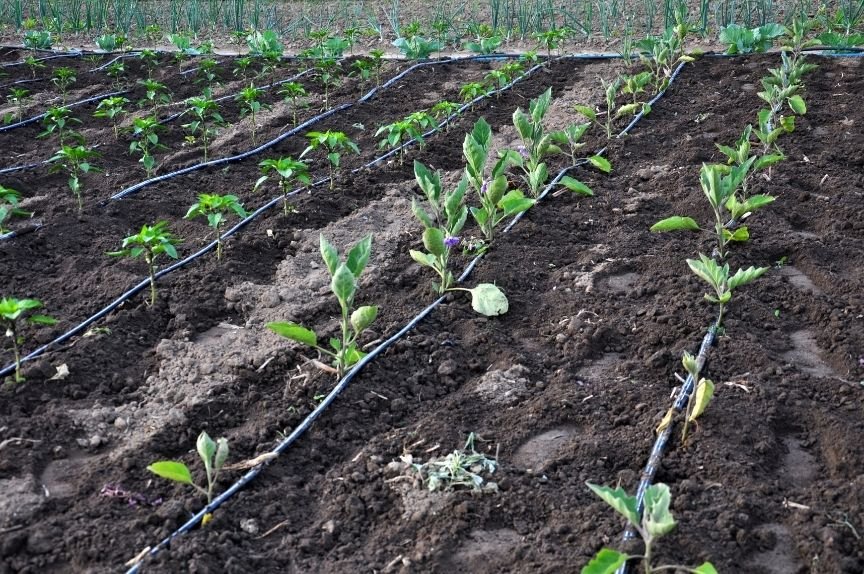
Nigeria, like many countries across the globe, faces a pivotal moment in its agricultural journey. From climate change to population growth and food insecurity, the challenges confronting the food system are complex, but so are the opportunities. The recent Financier Worldwide panel discussion with global food system experts offers critical insights that can help shape Nigeria’s path to a more resilient, sustainable, and inclusive food future.
1. Rethink Farming Practices for Resilience and Regeneration
At the heart of the food system is the farmer—and in Nigeria, over 70% of agriculture is driven by smallholders. Yet, traditional practices are under pressure from land degradation, erratic weather patterns, and rising input costs.
To future-proof Nigeria’s food production:
- Adopt regenerative agriculture: Practices like cover cropping, crop rotation, and organic fertiliser use can restore soil health and reduce carbon emissions.
- Expand access to precision agriculture: Technologies such as drones, sensors, and satellite data can enable smarter input use and higher yields. While high-tech tools are often out of reach for many Nigerian farmers, partnerships with agritech startups and donor-led subsidy models can bridge this gap.
2. Strengthen Local Seed Systems and Nutrient-Dense Crop Production
Food security isn’t just about calories—it’s about nutrition. As Enda Buckley noted, foods with high nutrient density must be prioritised over those with low value but low emissions.
Nigeria can:
- Invest in community-based seed systems: Strengthen local seed producers and research institutions to develop and distribute resilient, nutrient-rich crop varieties such as orange-fleshed sweet potatoes, biofortified maize, and legumes.
- Promote indigenous crops: Crops like sorghum, millet, and cowpea are better adapted to local conditions and contribute to diversified diets.
3. Reduce Food Loss with Better Infrastructure and Innovation
According to the FAO, over 40% of food produced in Nigeria is lost before it reaches the consumer. This is largely due to poor storage, inadequate transport, and inefficient supply chains.
To address this:
- Improve cold chain logistics: Investments in cold storage—especially solar-powered systems—can extend shelf life and reduce post-harvest losses for perishables like tomatoes and vegetables.
- Promote market-based solutions: Dynamic pricing models and mobile apps that link farmers to buyers can reduce gluts and improve income stability.
- Expand farmer education: Training on proper harvesting, handling, and storage can help reduce spoilage at the farm level.
4. Align Food Production with Climate Action
Agriculture is both a victim and contributor to climate change. Deforestation, methane emissions from livestock, and fertiliser runoff are key challenges.
Nigeria can accelerate climate-smart agriculture by:
- Implementing emissions tracking and reporting for large-scale farms and agribusinesses.
- Incentivising tree planting, agroforestry, and organic input use through green finance initiatives.
- Supporting smallholder transition to low-emission practices via training, credit access, and certification schemes.
5. Leverage Consumer Power to Drive Sustainable Choices
As consumers become more aware of the links between diet, health, and the environment, they’re demanding more transparency and responsibility from food producers.
To align with these shifts:
- Promote sustainable food labelling: Encourage companies to label products based on their environmental and nutritional value.
- Launch public awareness campaigns on food waste reduction, healthy eating, and the value of local, seasonal food.
- Support youth entrepreneurship in food innovation, agro-processing, and digital agriculture.
6. Build Multi-Stakeholder Collaboration for Systemic Change
As Sabine Durand-Hayes emphasised, no single actor can transform the food system alone. Governments, agribusinesses, financial institutions, civil society, and consumers all have roles to play.
Nigeria needs to:
- Create platforms for coordination between ministries of agriculture, health, environment, and finance to align food policy with sustainability goals.
- Engage the private sector in public-private partnerships (PPPs) to co-invest in infrastructure, digital tools, and rural financing.
- Empower local communities to co-design and co-implement interventions, ensuring that change is inclusive and equitable.
7. Unlock Finance for Innovation and Inclusion
One of the biggest barriers to transformation is finance. From smallholder loans to large-scale agritech investments, capital is essential to power progress.
To enable financing:
- Deploy blended finance models that combine donor funds with private investment to de-risk innovation.
- Expand access to microfinance and mobile credit tailored to smallholder realities.
- Incentivise sustainable practices through results-based financing, tax breaks, and carbon credits.
Conclusion: A Moment of Opportunity
Nigeria stands at a crossroads. The current food system has delivered gains—but also left many behind, especially women, youth, and smallholders. Climate change, urbanisation, and population growth make the need for transformation urgent.
But there is hope.
The tools exist. The innovations are emerging. And with the right policies, partnerships, and investments, Nigeria can reimagine its food system—not just to feed its people today, but to nourish future generations.
The time to act is now.